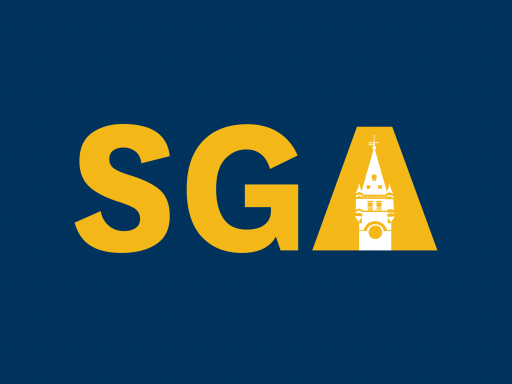A. If a Bryn Mawr student is in violation of the honor system of another institution, including those with which Bryn Mawr has cooperative agreements (except Haverford, with whom there is a special agreement), that violation will be adjudicated at that institution. The student should report the case to the Bryn Mawr Honor Board, but ordinarily no action will be taken at Bryn Mawr.
B. Special Agreement with Haverford College (College A may be either Bryn Mawr or Haverford College, depending on where the case originates.)
- When College A concludes a hearing of a case involving a student from College B with a recommendation for action which requires enforcement by College B, the student will have five days to appeal to the President of College A, using College A’s appeal procedures. If, after the appeal period, there remain some results which must be enforced by College B, that recommendation is forwarded by the appropriate person in College A to the appropriate person in College B (i.e. when an appeal was heard, by the President of College A to the Dean of College B; when there was no appeal, by the Dean of College A to the Dean of College B).
- At College B, an inquiry will be made by the dean and the student head of Honor Board or Council. It is understood that this should not constitute a second hearing of the case, but all materials from the hearing should be available to the inquiry, which may also call upon anyone involved for further questioning. The inquiry will not affect the resolution of the case in those areas where enforcement is within the authority of College A, but will only decide whether the recommendation for action referred to College B will be accepted, modified, or rejected. The student has five days to appeal the results of the inquiry to the President of College B, whose decision is final.
- Students should be familiar with both the Bryn Mawr and the Haverford Honor Codes, as one is expected to adhere to the Code of the campus one is on. There are several significant differences between the Colleges’ Honor Codes of which each student should be aware.
- The Bi-Co Liaison will be utilized as appropriate.
- The purpose of the Bi-Co Liaison is to keep the home institution informed, as well as serve as a source of knowledge about the home institution. The liaison will be responsible to attend any necessary meetings, transporting any necessary documents back to the home institution, and bringing up relevant points that the jury may have thus far neglected to consider.
- The liaison at both institutions will be governed by the same set of procedures that were consented by both, the Bryn Mawr Honor Board and the Haverford Honor Council, and will be made readily available to the community. Changes to these guidelines that do not conflict with what has already been stated can only be changed with the consent of both the Bryn Mawr Honor Board and Haverford Honor Council.
